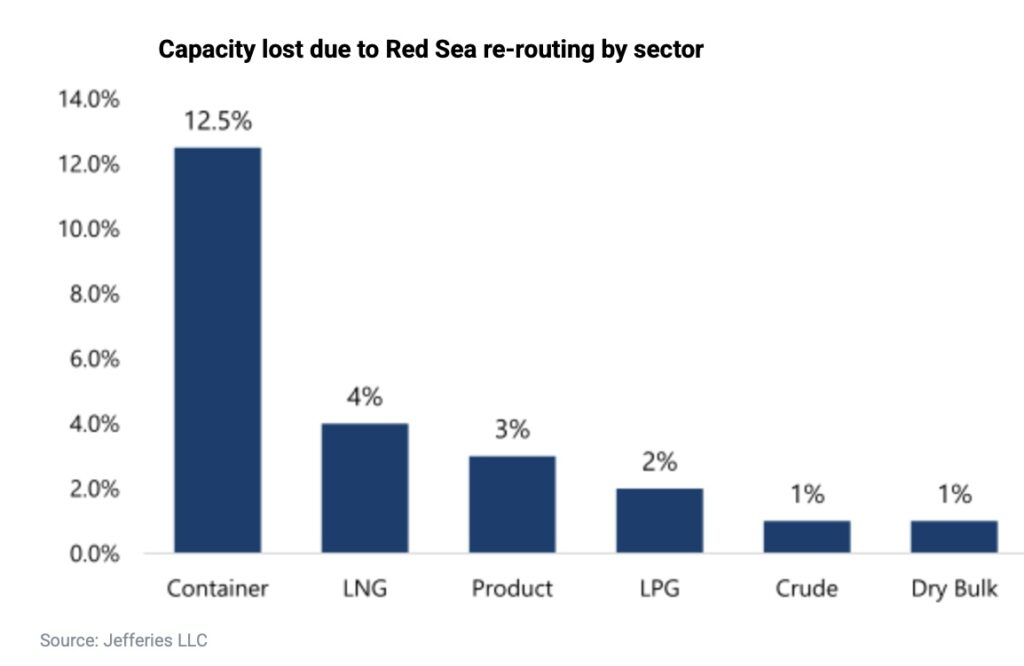As the first phase of the ceasefire agreement between Israel and Hamas came into effect on January 19, Yemen’s Houthis updated their Red Sea strategy.

The Houthis have stated that international merchant ships can now pass through the Red Sea as long as the ceasefire agreement remains in effect. However, Israeli-owned ships and ships flying the Israeli flag will continue to be targeted. The Houthis added that if the United States, the United Kingdom or Israel renew their aggression against Yemen, they will reimpose sanctions on ships from those countries.
Since November 2023, in support of Hamas, the Houthis have targeted merchant ships traveling through the Red Sea and Gulf of Aden, attacking more than 100 vessels, sinking two, seizing one, and killing at least four seafarers. This has resulted in a 60 percent drop in global trade through the Red Sea trade corridor, most of which is Western-related vessels. The Houthis have repeatedly stated that their actions will continue until Israeli forces withdraw from Gaza.
Major shipowners, especially container shipping lines, remain cautious about returning to the Red Sea.
Shipping analysts at investment bank Jefferies said, “Houthi representatives have indicated that they plan to suspend attacks on ships, but have not yet definitively declared a full stop. Therefore, a long-term confirmed ceasefire agreement will be needed first. At this stage, no immediate changes to routing arrangements are expected as liner operators are likely to fully assess security and risk issues. It is expected that other shipping sectors may take the lead in addressing these issues before any significant action is taken in the liner market.”
An analysis released by shipbroker Braemar states, “War risk insurance premiums for ships operating in the Red Sea have soared due to heightened risk. Even after the ceasefire, insurers will need time to reassess and reduce these premiums. The reopening of Red Sea trade routes is likely to be a gradual process that could take months rather than weeks.”



